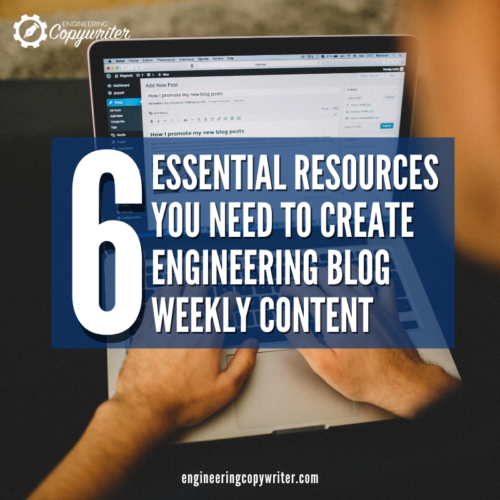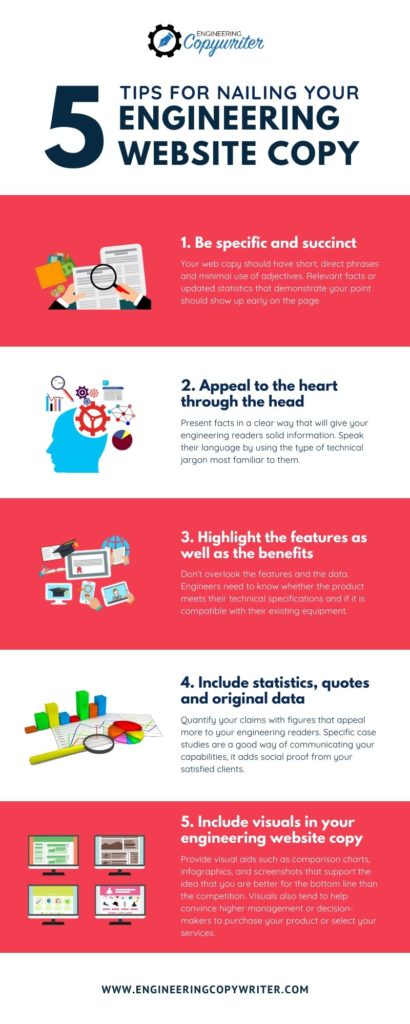3. Keyword planning
Keyword planning requires you to gather keyword statistics and projections. It also involves looking for relevant keywords to use in promotions. The keyword is a concept utilized in content marketing to define a word or phrase that engineers enter into a search engine.
In the world of SEO, keywords are vital because they assist you in creating content that fulfills the demands of the engineering audience. The regular overall traffic and competitive ranking of your chosen keyword are the most crucial factors to consider while conducting keyword research. Not every keyword is worth optimizing, so you should focus on the most important ones that are simple to rank for.
Keyword research is crucial. The research itself can give you essential information that helps you expand your digital presence. Keyword research will inform you which terms engineers are currently searching for, how competitive certain keywords are, and how to improve organic search exposure, rankings, and traffic with your digital marketing strategy.
Keyword planning will make the process of creating engineering blog weekly content much easier. Keyword planning takes time but having the results on hand will help streamline the whole writing operation.
4. Buyer persona
 The buyer persona is another useful resource in producing blog weekly content. It represents the profile of a potential engineering customer based on market research. Buyer personas illustrate who your ideal consumers are, the ways they spend their days, the issues they encounter, and the choices they make. Personas focus on ensuring that all operations related to acquiring and serving clients are matched to the specific needs of the target client.
The buyer persona is another useful resource in producing blog weekly content. It represents the profile of a potential engineering customer based on market research. Buyer personas illustrate who your ideal consumers are, the ways they spend their days, the issues they encounter, and the choices they make. Personas focus on ensuring that all operations related to acquiring and serving clients are matched to the specific needs of the target client.
Engineers generally lean toward businesses they trust completely when purchasing a product or service. And the best approach is to demonstrate true empathy and concern for them. Developing trust as a company often demands a notable adjustment in how you portray yourself. Once you’ve demonstrated that you understand your potential clients by solving their problems, they will be interested in learning more about what you do.
Developing and using buyer personas can help you stay focused on your engineering consumers’ demands while also developing engineering content for them.





 The process through which your firm selects what content to produce and when to publish is known as content planning. It is one of the most basic of blogging practices. Every engineering firm needs an effective plan. An engineering content plan will help you manage the content marketing difficulties you encounter on a regular basis, such as:
The process through which your firm selects what content to produce and when to publish is known as content planning. It is one of the most basic of blogging practices. Every engineering firm needs an effective plan. An engineering content plan will help you manage the content marketing difficulties you encounter on a regular basis, such as: The buyer persona is another useful resource in producing blog weekly content. It represents the profile of a potential engineering customer based on market research.
The buyer persona is another useful resource in producing blog weekly content. It represents the profile of a potential engineering customer based on market research. 
